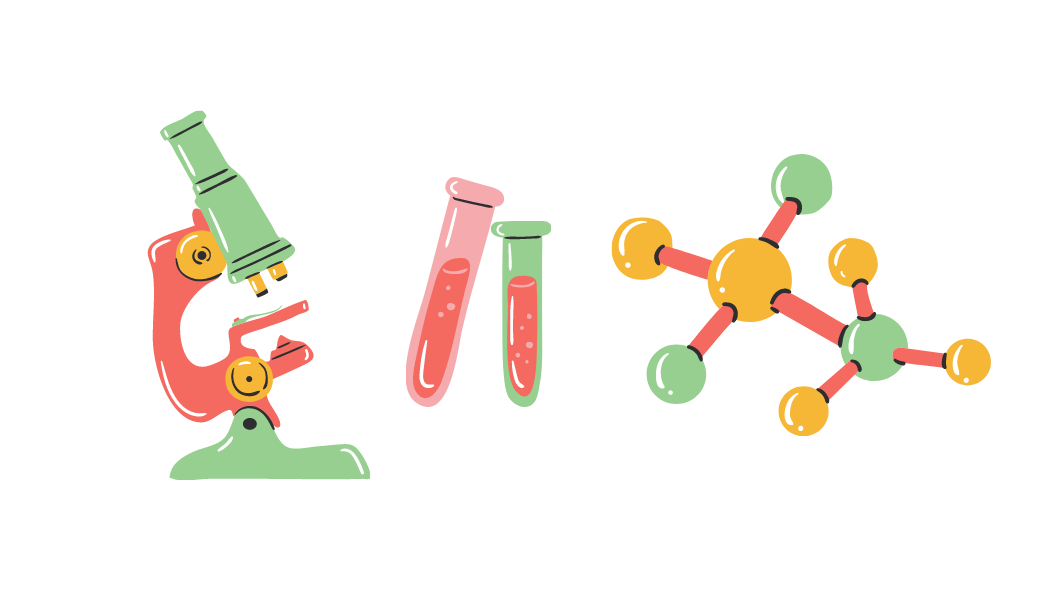The Mayor of Bogotá, Claudia López, accompanied by the Secretary of Health, Alejandro Gómez, the Minister of Science and Technology, Mabel Torres, the director of the District Institute of Science, Biotechnology and Innovation in Health – IDCBIS, Bernardo Camacho and other cabinet members, inaugurated the largest Clean Room for pharmaceutical production in Colombia.
Producing biological medicine for a patient requires a long road that goes through years of experimental research in laboratories and in phases of clinical research, an effort that can mean hope in the fight against diseases for which there is no satisfactory treatment. To be able to develop it, a team of scientific experts, highly complex technological tools, and a regulation that allows its authorization and distribution is needed.
This is why, the District Institute of Science, Biotechnology and Innovation in Health (IDCBIS), formerly known as the District Hemocentro, proposed the installation of a Clean Room or integrated unit for the manufacture of products for cell therapies, blood processing of umbilical cords and research laboratories, which will have the necessary conditions for the production of this type of medicine.
"Thanks to the joint co-financing of the Ministry of Science and Technology, the Secretary of Health, and IDCBIS, we now have a first-class Clean Room, which is a pioneer initiative in Latin America, where will be able to develop science of international level. This is not a legacy for Bogotá, but for Colombia, " said Mayor Claudia López.
The Clean Room will be used by a team of researchers who have been working on generating advanced medicinal therapy products (cell therapy, gene therapy and tissue engineering) for years. Materializing these investigations in therapeutic products for clinical use, will consolidate the health sector of the Capital as a regional leader in the research and development of biotechnological medicines for their application in the patients who require it.
An example of what can be done with this GMP Clean Room is the case of Maryuris Milore, a girl from Barranquilla, who due to spinal aplasia (a disease in which the bone marrow stops producing blood components), was subjected for several years to painful therapies and treatments, until 2017 when she received a transplant of blood-forming cells processed at the IDCBIS Public Umbilical Cord Blood Bank. After the transplant, Maryuris regained her full health and was able to go back to doing her favorite activities like skating and playing.
During the inauguration, the participants disclosed the benefits in terms of science and technology that the pharmaceutical production in a Clean Room will bring. “Today is a special day for the health sector. With the Clean Room, Bogotá now has strictly controlled laboratories to treat patients, the only one of its kind in Latin America, for advanced therapies, "said Bernardo Camacho, director of IDCBIS.
This is just one of the many research and medical applications that will be potentiated and improved with the installations of the Functional Unit for Manufacturing Advanced Therapies (GMP Clean Room), a state-of-the-art infrastructure that will allow biomedical developments and innovations that are already being carried out at the Institute, to continue towards their clinical application phase.
In these facilities, the researchers will be in charge of producing, with high standards of quality and safety, therapies for their application in patients with innate errors of metabolism, autoimmune diseases, primary immunodeficiencies, complex orthopedic conditions, patients in need of transplantation of hematopoietic progenitor cells and cancer treatment.
The IDCBIS, in cooperation with the District Health Secretariat of Bogotá, has been the executor of the project, “Implementation of the Public Bank of Umbilical Cord Stem Cells and a Cell Therapy Unit, District Hemocenter, District Health Secretariat, Bogotá”, financed by the General System of Royalties and the Financial District Health Fund of Bogotá.
This project, that will be finalized in December 2020, included the design and installation of this functional manufacturing unit, which is essential for the approval of medicinal products and technologies developed by IDCBIS as suitable for application in humans.




